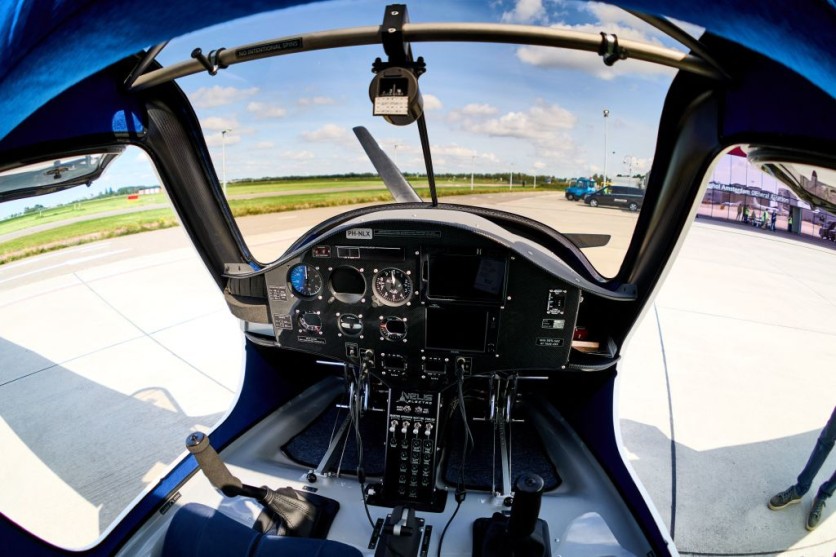Faradair, a British aviation firm, is developing a hybrid triplane concept that may be the answer to short-haul electric travel.
The aircraft is called Bio Electric Hybrid Aircraft (BEHA), which will have 19 seats and will be propelled by a fan driven by an electric motor, as reported by BBC. It will also have a small gas turbine that will generate electricity when necessary.
As of September 2020, Faradair was in the latter stages of deciding the final configuration and composition of the initial hybrid propulsion system.
More Affordable Intracity Flights
With a triple-level wing design, the BEHA can take off and land on short runways. It will have fewer moving parts, which will make it cheaper to operate. The aircraft's wings will also be equipped with solar panels to deliver "always on" cabin ground power.
The reduced operating cost will highly benefit the consumers because this will enable more affordable flights. BEHA is also designed to be sustainable and they are working to cut carbon emissions.
The BEHA will eventually be used for short-haul flights between cities like London and Manchester for £25 for one way.
The Rise of Electric Aviation Today
Electric and hybrid aviation is becoming a reality today. This is mostly due to the relatively low cost of the electricity required to provide the necessary electrical power.
The electrification of aviation is being seen in other parts of the world. The BEHA is a really cool concept because it will greatly help reduce the number of aircraft that need to be operated in a country like the UK.
Reducing Carbon Emissions
Two percent of all global carbon emissions come from the aviation industry, and with the latest report on climate change, the International Air Transport Association (IATA) announced its commitment to reach net-zero carbon emissions by 2050.
There are also many aviation firms that are now focused on using biofuels in the short term. Hydrogen and electric propulsion aircraft are also options that can help reduce carbon emissions today.

Faradair believes that its hybrid system is a great alternative to the limited capacity of battery-electric aircraft. It will compete with eVTOL flying taxi startups that are expected to operate in 2024.
Aviation is being transformed. It is not just a means of travel. It has become an industry of its own that is highly sustainable and efficient. Aviation technology has moved forward in leaps and bounds since the 1920s, and the future is promising to be even more exciting.
Faradair hopes to have its aircraft flying by 2025 and expects to have commercial flights by 2027.
Related Article: Rolls-Royce Electric Plane To Achieve 300 Miles Per Hour! Spirit of Innovation Aircraft Completes a New 15-Minutes Flight Test
This article is owned by TechTimes
Written by April Fowell




